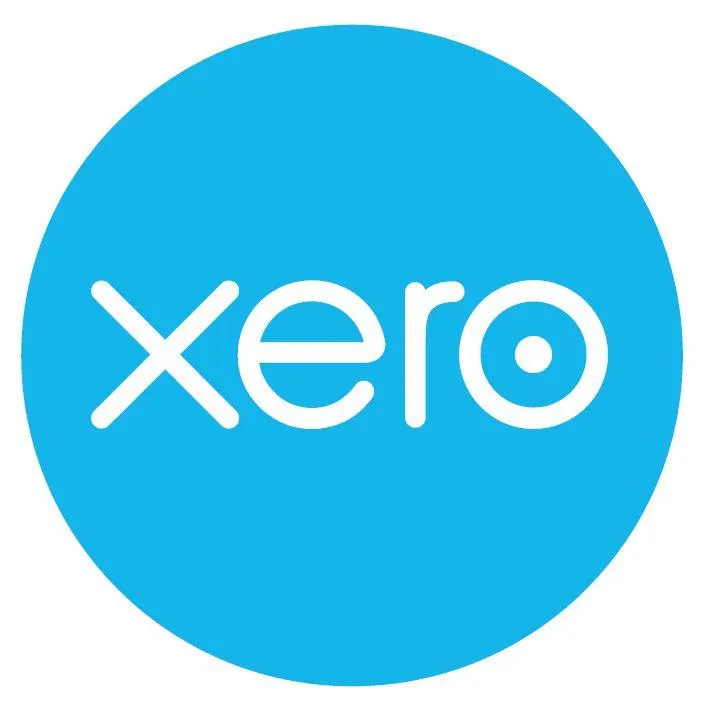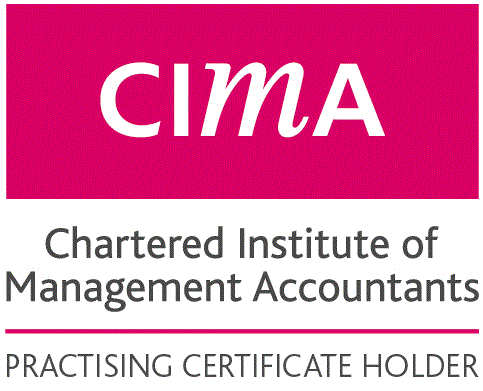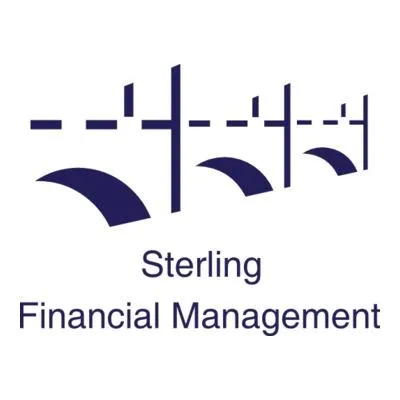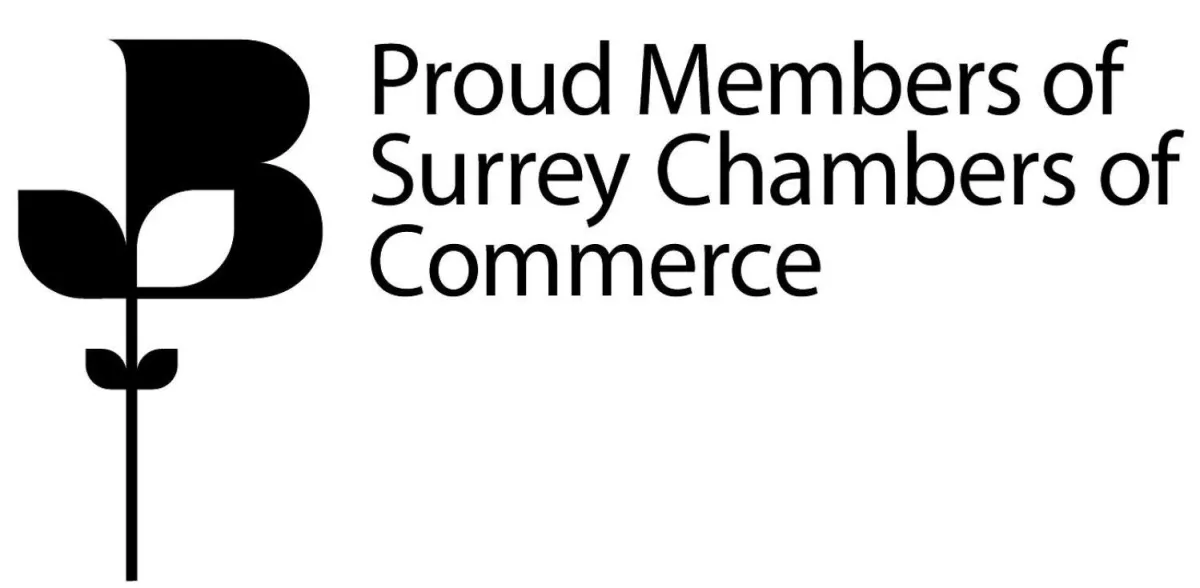

Sole Traders vs Limited Companies: Master Your Finances Now + MTD for ITSA Explained
Let’s be honest, when you’re busy running a business, the last thing you want is to get bogged down in tax jargon. But whether you operate as a sole trader or limited company, register for taxes, or plan for growth, your choice affects your bottom line, the risks you take on, and how much admin you’ll be dealing with.
And just when sole traders thought they had the simpler deal, along came Making Tax Digital for Income Tax Self Assessment (MTD for ITSA) which is landing in April 2026. That’s going to change how you file, how often you file, and how you manage your records.
So, grab a coffee and let me walk you through the key differences. By the end, you’ll know which route makes sense for your business right now, and what’s around the corner if you’re running things as a sole trader.
1. Sole Trader vs Limited Company: The Basics
Let’s start simple.
Sole Trader → You and the business are one and the same. Any profit is yours, but so are all the risks. Straightforward to set up, and all you need to do is register for taxes through Self Assessment.
Limited Company → Think of this as creating a separate legal “mini-business” that’s not you. The company owns the money, pays its own taxes, and you pay yourself out of it. If something goes wrong, your personal assets are (usually) protected. But - yep, there’s always a but - it comes with more admin.
So, if you’re choosing between sole trader or limited company, register for taxes, ask yourself: do you want simplicity and control, or more protection and structure?
2. How You’re Taxed
This is where most business owners sit up and listen because it directly affects your take-home pay.
Sole Traders
You pay Income Tax on your profits after expenses.
On top of that, you’ve got National Insurance (Class 2 is a flat weekly rate, Class 4 is profit-based).
It all runs through your annual Self Assessment.
Limited Companies
The company pays Corporation Tax on its profits (currently 25% for most businesses, though there’s a lower rate of 19% for very small profits under £50,000).
You, as the director, usually take a salary and then dividends.
Dividends get taxed differently to normal income, often at lower rates.
But since April 2024, the tax-free dividend allowance is only £500 so don’t assume you’ll pocket a fortune tax-free.
In other words, with either a sole trader or limited company, register for taxes, but what you’re registering for, and how you’re taxed, makes a big difference.
3. Admin & Paperwork
Here’s where the gap really opens up.
Sole Trader → Pretty light on admin. Keep records of your sales, expenses, and receipts. File your Self Assessment once a year. Done.
Limited Company → Strap in. You’ll need to:
File annual accounts with Companies House.
Submit Corporation Tax returns.
Run PAYE payroll if you’re paying yourself a salary.
Keep dividend paperwork and board minutes.
Maintain statutory registers.
Yes, it’s more of a faff but that’s why a lot of limited company directors have accountants to deal with the heavy lifting.
4. Profit & Cash Flow Flexibility
The way you can use your money also differs.
Sole Trader → Simple. Profit is yours to keep or reinvest. Pay your tax bill at the end of the year, and the rest is in your pocket.
Limited Company → Profit belongs to the company, not you personally. To get paid, you take a salary and/or dividends. That does mean more flexibility, you can time dividends for tax planning, or leave money in the company to reinvest later - but it adds another layer of decision-making.
If you’re weighing a sole trader or limited company, register for taxes, think about whether you want immediate, straightforward access to profits, or the flexibility to structure your income.
5. Risk & Liability
This one’s huge, and it’s something business owners sometimes overlook when chasing tax savings.
Sole Trader → If something goes wrong, you’re personally on the hook. That means business debts or legal claims can affect your personal assets.
Limited Company → The company is its own legal entity. Your personal liability is usually limited to what you’ve invested in shares. Unless you’ve given personal guarantees on loans, your house and savings are generally safe.
6. The Big Change for Sole Traders: MTD for ITSA (2026)
If you’re a sole trader, here’s the bit you really need to know.
From April 2026, HMRC is rolling out Making Tax Digital for Income Tax Self Assessment (MTD for ITSA). This currently only applies to profits above £50,000
Here’s what it means for you:
No more one big Self Assessment once a year.
You’ll submit quarterly digital updates using HMRC-approved software.
At the end of the year, you’ll still finalise everything in a “year-end declaration.”
So if you’re currently doing your books in a spreadsheet or a shoebox full of receipts (don’t laugh, I’ve seen it), now’s the time to get comfortable with cloud accounting software. Xero, QuickBooks, FreeAgent they’ll all be compliant.
For limited companies, MTD for ITSA doesn’t apply (at least not yet). But as a director, you might still need to file a personal Self Assessment, so don’t ignore it completely.
7. Which Route Is Best?
Here’s the truth: there’s no one-size-fits-all answer.
If you want simplicity, low costs, and direct access to profits, staying a sole trader could be perfect, just be ready for quarterly filings when MTD for ITSA lands.
If you want liability protection, more credibility, and flexibility with how you pay yourself, a limited company is probably worth the admin.
And remember, whatever you choose, sole trader or limited company, register for taxes early, stay on top of your bookkeeping, and don’t leave it until January. That’s when the panic sets in.
Running a business is already hard enough without HMRC throwing curveballs your way. The key is knowing the differences between the two structures, planning ahead for tax and admin, and setting yourself up with the right systems so you don’t get caught off guard.
The biggest shift to keep your eye on is MTD for ITSA in April 2026. If you’re a sole trader, switching to digital record-keeping now will save you a lot of stress later.
At the end of the day, it comes down to what works for you. Do you value simplicity, or do you want the extra protection and flexibility? Either way, once you’ve chosen between sole trader or limited company, register for taxes properly, keep clean records, and the rest will fall into place.
If this is something you need to think about for your business, book a discovery call for a straightforward chat about your options.

FREE DOWNLOADS
A-Z of allowable business expenses
Download your A-Z guide of allowable business expenses.
Financial Housekeeping For Your Small Business
Download your guide to Financial Housekeeping For Your Small Business - ideal for start ups and early stage businesses
How to Scale Up your Business: Tips and Strategies for Success
Download your guide to How to Scale up your Business - ideal for slightly more established businesses that want to grow and scale their business
Don't want the guide?
But do want our regular email filled with tips and insights into business and how to maximise profit and grow your business?
Click here

Ready to take the stress out of finance?

Not quite ready to commit to a long term contract ? Book a value packed Power Hour for now at £180 Inclusive of VAT.






© 2023 All Rights Reserved | Sterling Financial Management Reg No 9780783,
Accounting, Bookkeeping and Business Advisory in Dorking Surrey RH4 2JF